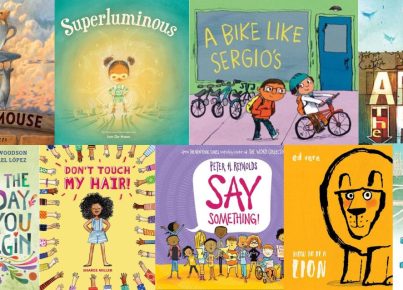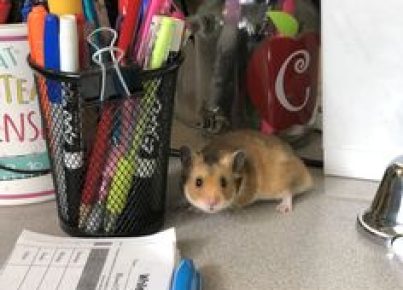Back in 2001, when I started as a teacher, the technology boom was in its nascent stage. I remember toting a large bag filled with papers home most nights and going to sleep drowning under a vast sea of student homework that needed grading. My classroom was even worse, cluttered with books, manipulatives, globes, maps, and learning stations that left little room for anything else. However, as I write this in 2018, things have changed dramatically. Today’s teachers have edtech in their corners.
I remember working tirelessly to differentiate instruction between my gifted, average, below average, and learning disabled students. To do this, I have to tailor my instruction, learning experiences, and assessments to meet the learning needs of each student. This was incredibly difficult, especially using low-tech means. However, today’s teachers have apps and tools that will magically differentiate instruction for all students, based on their current level of functioning. If I were still in the classroom today, I’d use these differentiated instruction apps, tools, and resources:
Minecraft: Education Edition. You’re likely familiar with Minecraft, the virtual sandbox that allows users to craft entire worlds block by block. The Education Edition boasts additional features like portfolios, the ability to link to outside resources using “tour guides,” and the capacity for an entire classroom to collaborate on building a world together.
DreamBox: Have you ever heard complaints that math is too boring? DreamBox is starting to change the conversation with gamification on an adaptive learning platform. Teachers can see student insights quickly and easily. However, most educators love it because the program aligns with Common Core standards and adapts to the individual student.
Splash Math: This math app was created especially for children in grades one through five. It has a self-adjusting system to relate with each child at the level of his or her ability. It covers every math topic taught between first and fifth grades, and it works closely with school curriculum so that the math students practice will correlate with school math.
Mika: Carnegie Learning offers a new virtual platform for higher education students to receive the help they need in math. Students can access a one-on-one virtual tutor who can give them a personalized path and insight into their progress.
IXL Learning– IXL Learning has been proven to be effective in providing comprehensive, curriculum-based math and English language arts content for kindergarten to grade 12. It also provides an immersive learning experience in science, math, language arts, and social studies for K-12. It produces real results, which is why it is trusted by top teachers and presently used by The Elite 100
Banyan – Banyan is an engine built to influence human learning through machine capabilities by providing an insightful, personalized learning experience. It has three modules that help you advertise and hire skilled talents and provide customized learning experiences and workflow management courses, respectively.
Did we miss any?



